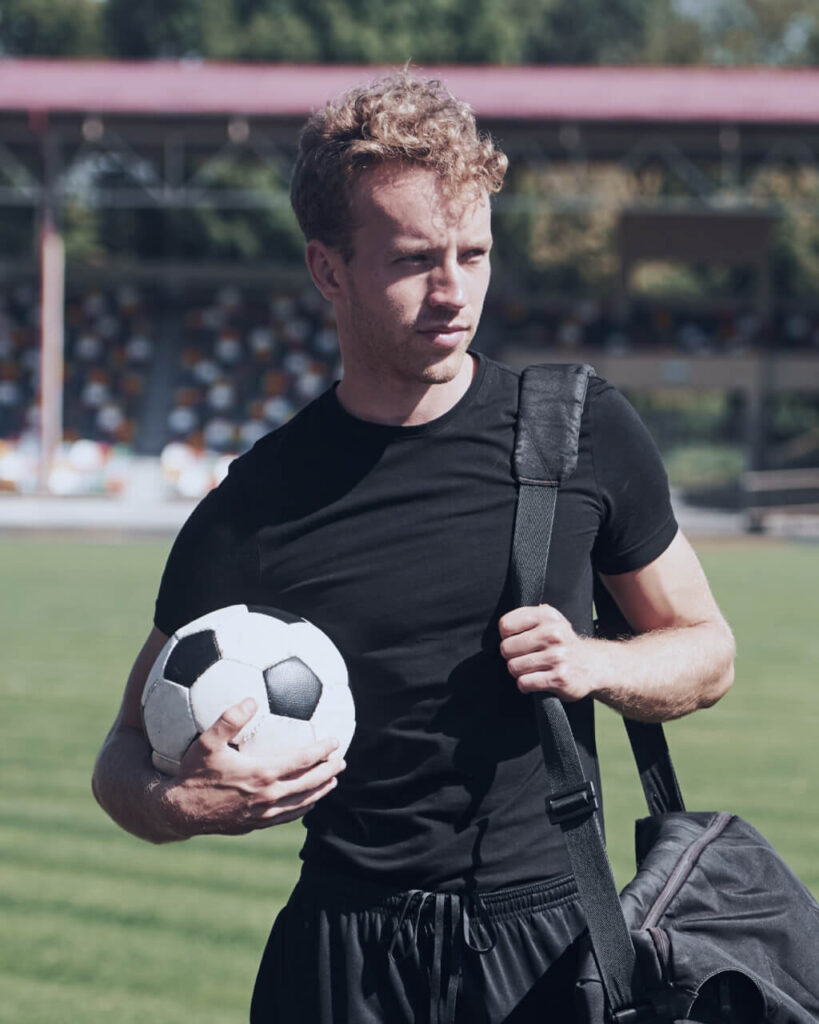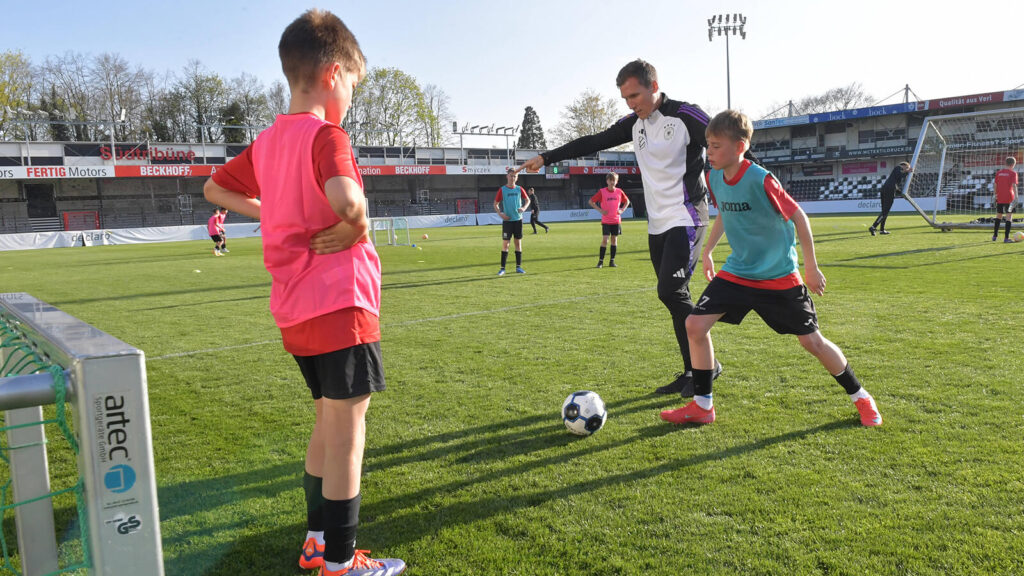Any athlete’s success starts with a firm foundation. Before athletes even reach the professional ranks, they go through many years of training, learning, and growth. Between the transition, the youth coach is one of the greatest influences during these initial stages. A youth coach churns out much more than knowledge of sport rules for their students. They are skills builders, character forgers and disciplinarians. They are helpers in nurturing good attitudes among little athletes in terms of winning, losing, and working as a team. A coach’s influence may mold athletes for life while nurturing values off and on the field.
Building Fundamentals: The Foundation of Every Athlete
One of the primary responsibilities of a youth coach is teaching the basics. This stage involves the acquisition of fundamental skills, not the competition. For instance, in football, a youth coach puts emphasis on dribbling, passing and basic positioning. Every sport has to be taught in its basic essential skills from an early age.
Without proper fundamentals, players develop bad habits that can be hard to fix later. That’s why youth coaches emphasize correct techniques over shortcuts that may bring short-term wins. This patient and steady focus on basics is what helps build successful athletes in the future.

Encouraging Discipline: Beyond the Game
Sports teach discipline, and youth coaches play a key role in this process. Being part of a team means arriving on time, following instructions and respecting teammates and coaches. Youth coaches teach children the value of hard work, regular practice, and staying focused on improvement.
Discipline in sports also translates to better behavior in daily life. Kids who learn to listen, follow schedules and push through challenges on the field are often more responsible in school and at home. The coach’s role is to set expectations for behavior, effort and respect. This creates a positive environment for learning and personal growth.
Shaping Attitude: Winning the Right Way
For young athletes, it’s easy to get caught up in wanting to win at all costs. Youth coaches guide children to understand that effort, improvement, and fair play are more important than just winning trophies. They teach that losing is not failure but part of learning. This attitude helps children develop confidence, resilience, and a healthy relationship with competition.
Good youth coaches create an environment where children are excited to play, not scared to fail. They praise effort, reward progress, and correct mistakes with kindness. This positive approach helps kids enjoy sports and remain motivated. They also aid in developing lifelong love for physical activity.

Feedback and Personal Attention: Making Every Player Feel Valued
In professional coaching, the focus may be on refining elite skills. But youth coaches must guide beginners. At the youth level, personal attention is crucial. Every child learns at a different pace, and youth coaches adjust their teaching methods to match individual needs.
Feedback is direct, clear, and encouraging. Coaches focus on what a child did well before correcting mistakes. This balance of praise and instruction boosts confidence while helping kids improve. A youth coach also keeps an eye on the child’s emotional well-being. They should make sure no one feels left out or discouraged.
Personal attention ensures that every player feels valued. Whether it’s the most talented player or someone just starting out, a good youth coach gives equal respect and encouragement. They make every child feel like a part of the team.

Encouraging Teamwork and Communication
Sports are not just about individual talent. Teamwork is at the heart of most sports, and youth coaches help young players understand the value of working together. Coaches teach children how to communicate, cooperate and trust one another.
Youth coaches often organize team-building activities to help players bond. They encourage players to cheer for each other, support teammates and celebrate team success rather than individual glory. This teamwork builds social skills and helps children become better friends and teammates in other areas of life too.
Building a Long-Term Mindset: Focusing on Growth
A big role of a youth coach is to shift focus from short-term results to long-term improvement. Many young players, and even parents, can get carried away with winning small tournaments or scoring the most goals. A good coach reminds everyone that youth sports are about development, not just results.
This long-term mindset helps children become patient and understand that progress takes time. Youth coaches guide kids through ups and downs. They help them see that setbacks are normal and success is built over time. This approach keeps children motivated, reduces burnout and lays the groundwork for future success in sports and life.

Setting a Positive Example
Youth coaches also serve as role models. Children observe and learn from their coach’s behavior – how they talk, react to pressure, and treat others. A good youth coach shows respect to referees. They teach players to be humble in victory and gracious in defeat and demonstrate fair play in every situation. This leadership by example helps build character. Young players often mirror their coach’s behavior. This trait makes it important for coaches to act with integrity, patience and positivity.
Competition is a part of sports, but at the youth level, it should never overpower enjoyment. A youth coach manages this balance by encouraging friendly competition while focussing on learning. They help children set personal goals, like improving their skills or beating their own best performance, rather than obsessing over beating others.
This balanced approach ensures sports remain enjoyable. It also reduces stress and pressure on young athletes. It also teaches children healthy competition, competing to improve oneself while respecting others.
Why Youth Coaches Matter
Youth coaches do much more than teach how to play a game. They help children develop skills, discipline, teamwork and a positive attitude towards sports and life. Their personal attention and encouraging feedback build confident, capable, and happy young athletes.
A great youth coach inspires children to love the sport, play with joy, and grow as individuals. They teach that sports are about effort, respect and steady improvement. Their influence often stays with children for life, shaping not just better players, but better people.
In the world of sports, many professionals owe their success to the lessons learned from youth coaches. That’s why their role is so important – not just for creating champions on the field. But for building stronger, more disciplined and confident individuals for the future.
